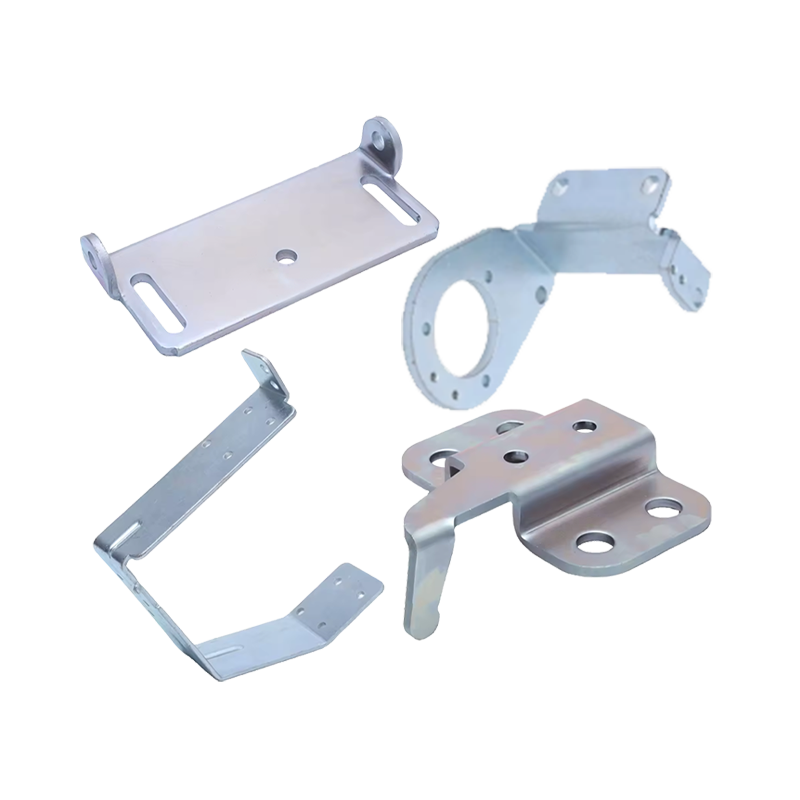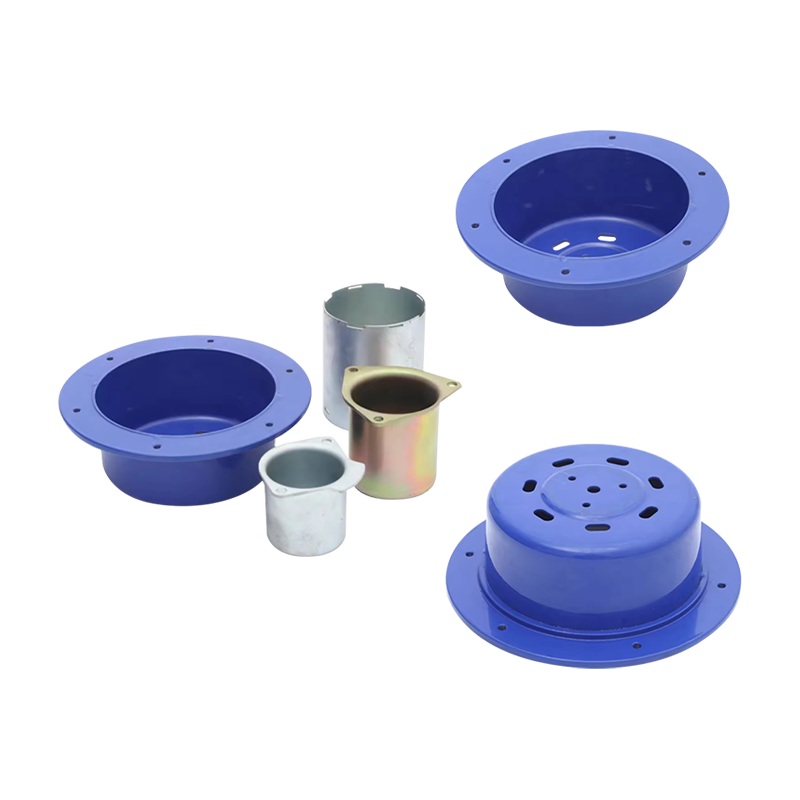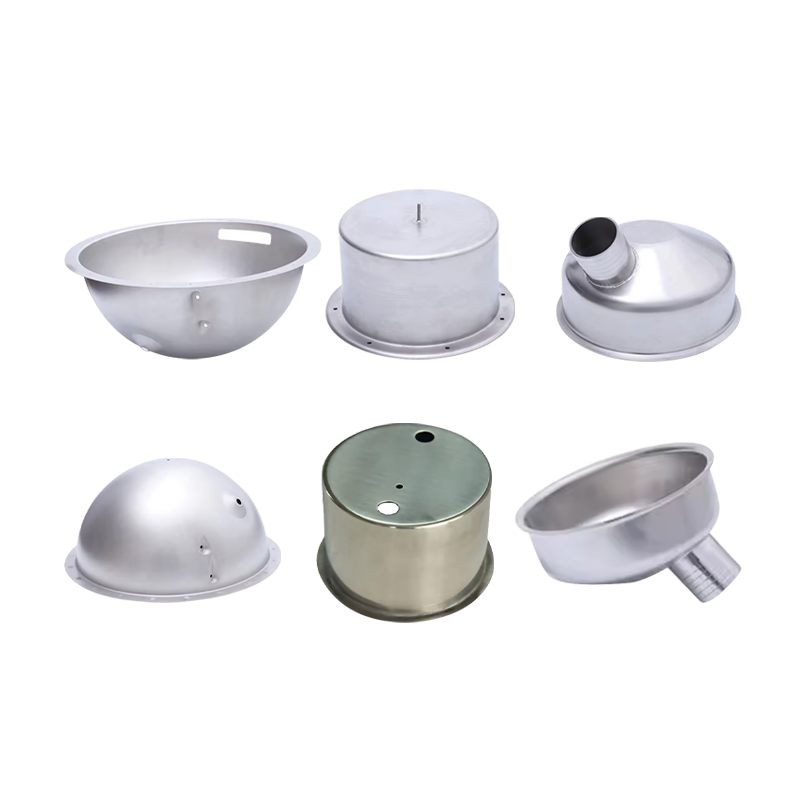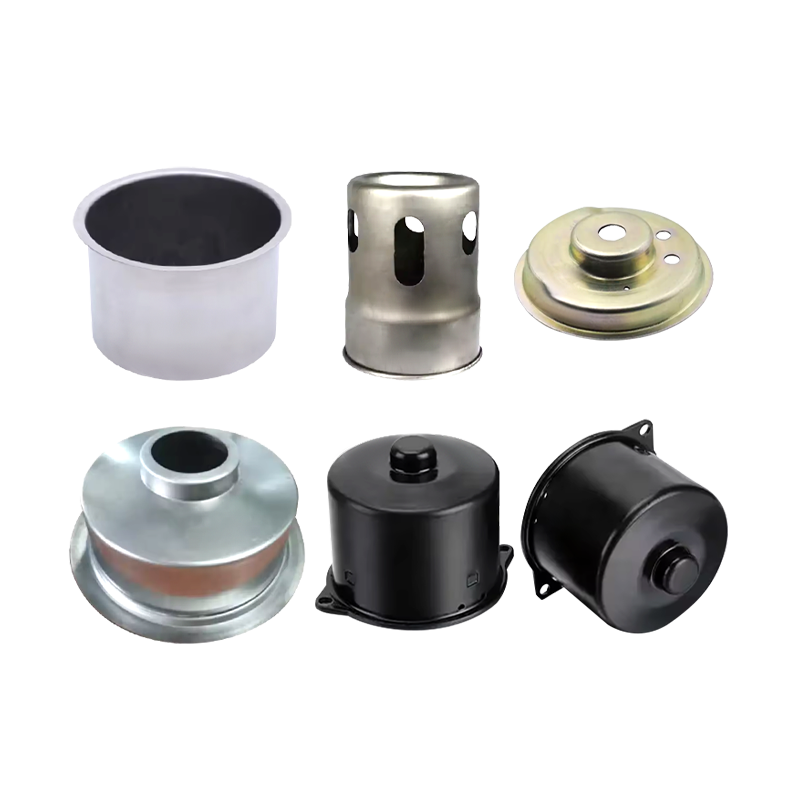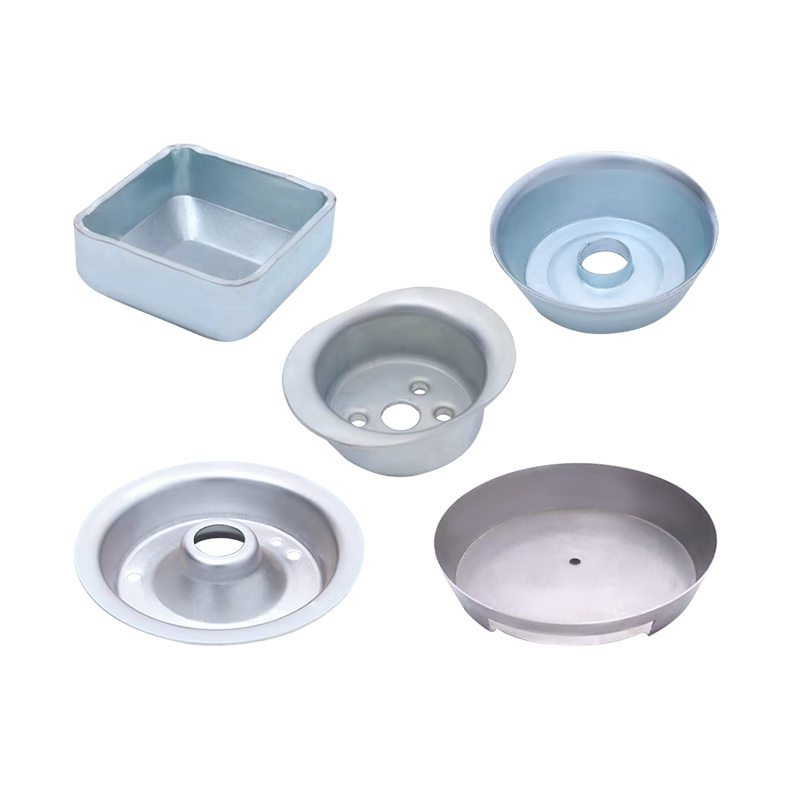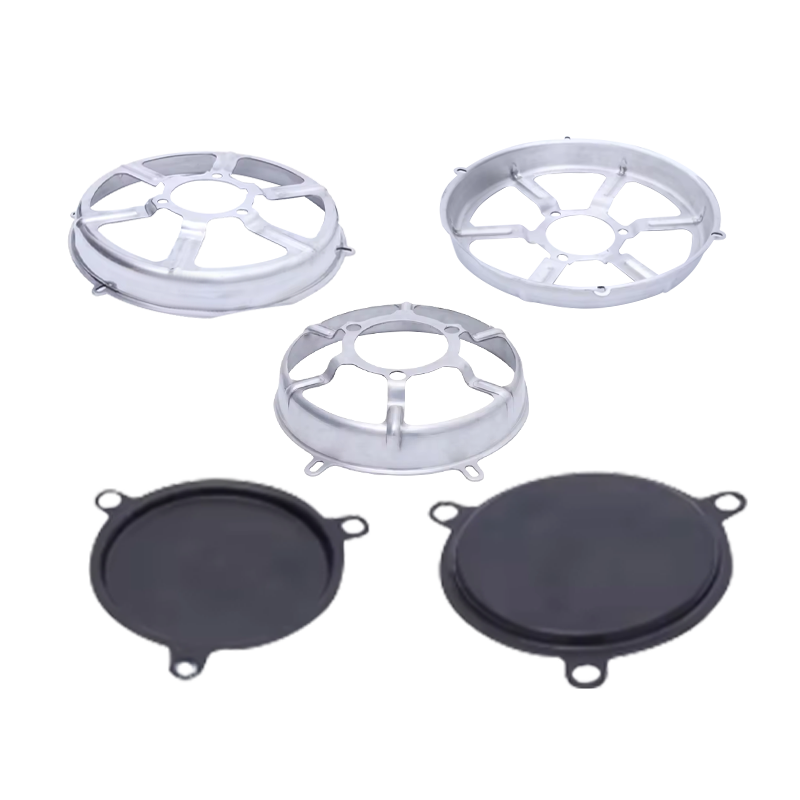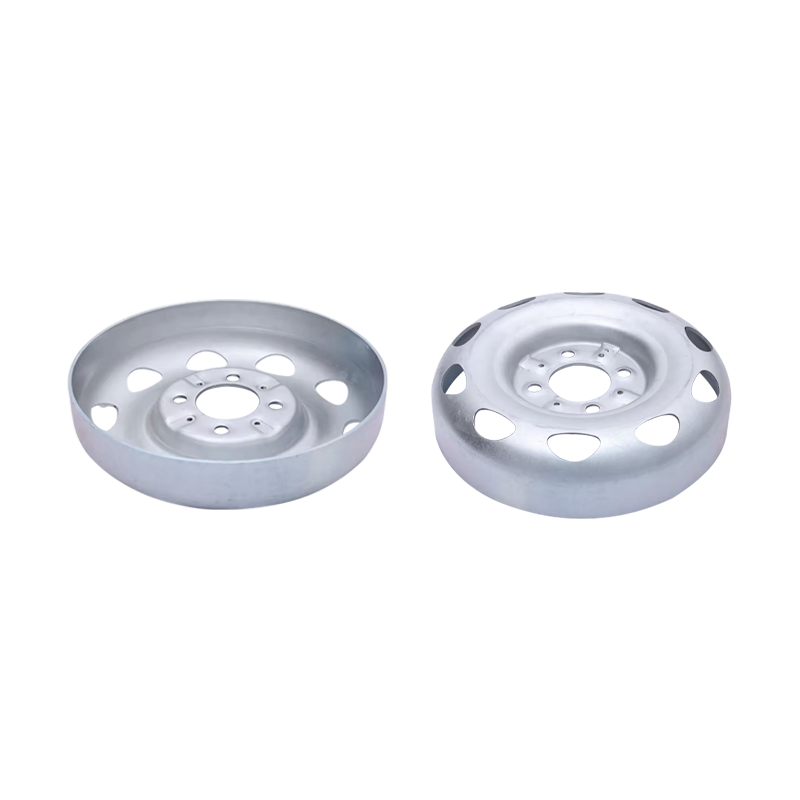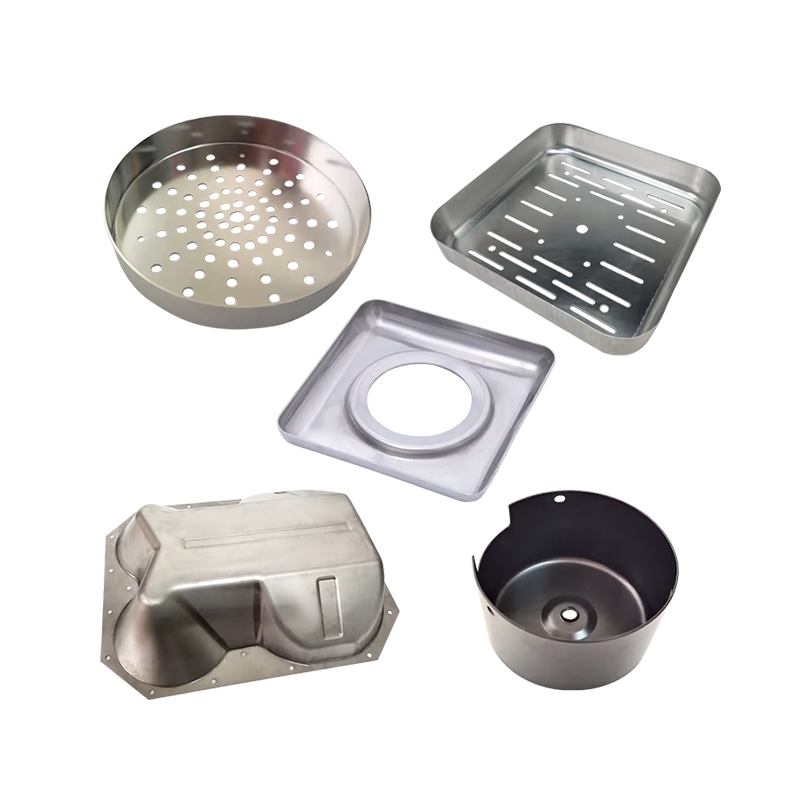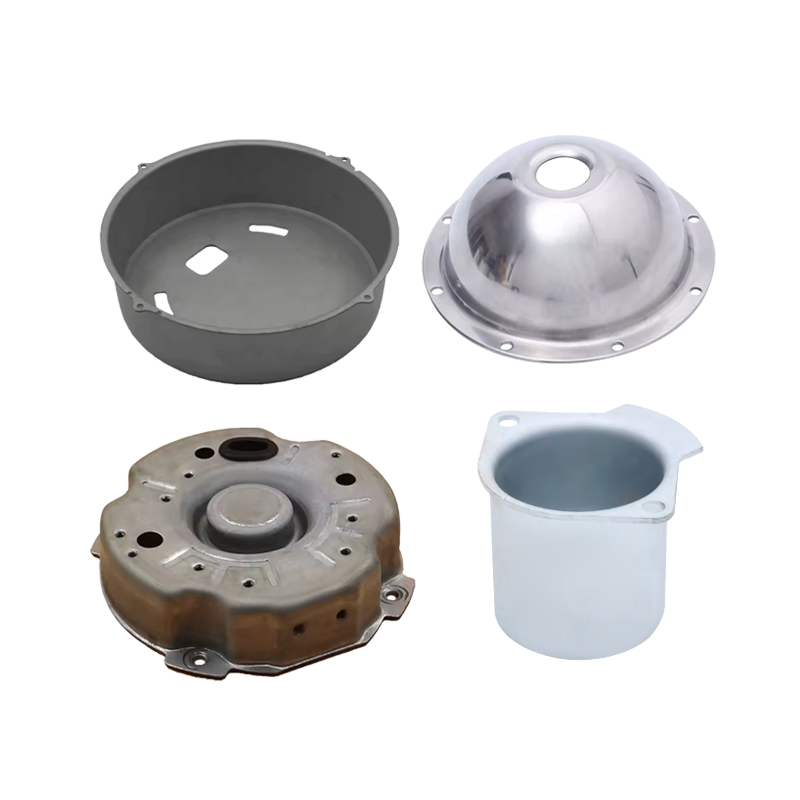How to efficiently utilize aluminum and stainless steel metal stamping and bending technology to optimize OEM component production?
In the field of modern manufacturing, sheet metal manufacturing has become an indispensable part of the production of precision parts and components in various industries. Ningbo Dasheng Metal Products Co., Ltd. focuses on providing customers with OEM customized sheet metal, aluminum and stainless steel stamping, bending and welding services, covering a wide range of industrial applications. It has an experienced team and is committed to working closely with customers to strive for accuracy at every step, from material selection, design of efficient molds to manufacturing finished products. We are well aware of the specific needs of each industry for components, so we can ensure that the components produced not only fully meet the customer's precise specifications, but also meet the industry's top quality standards. Ningbo Dasheng Metal Products Co., Ltd. stands out in the market for its unparalleled flexibility, good product quality and cost-effectiveness. We firmly believe that through continuous technological innovation, strict quality control and excellent customer service, we can create greater value for our customers and jointly promote the prosperity and development of modern manufacturing.
Factory direct manufacturing of sheet metal allows for fully customized parts according to customer specifications. Whether it's a complex design, specific material requirements or tight tolerances, the process can meet a variety of needs; advanced stamping and bending machines, coupled with skilled operators and strict quality control measures, ensure that each part meets or exceeds industry standards. This precision is critical for applications that require high strength, durability and reliability; by eliminating middlemen and controlling the entire production process in-house, factory direct manufacturing can achieve significant cost savings. In addition, batch production and efficient material utilization further reduce unit costs; with streamlined production processes and advanced manufacturing technologies, factory direct sheet metal can quickly deliver customized parts to meet the most demanding schedules.
Materials used in sheet metal manufacturing; Aluminum is lightweight but high in strength, making it an ideal material for sheet metal manufacturing. Its excellent corrosion resistance, formability and thermal conductivity make it suitable for a wide range of applications, including aerospace, automotive and electronics; Stainless steel is known for its excellent durability, corrosion resistance and aesthetics, making it a popular choice for sheet metal manufacturing. It is often used in food processing, medical and construction industries where hygiene, strength and longevity are critical.
Precise design and tooling can significantly reduce material waste. By minimizing material overlap, using efficient nesting algorithms, and designing tools that minimize scrap generation, factories can improve material utilization. Investing in advanced stamping and bending machines as well as automation and robotics can improve precision and reduce errors that lead to waste. Regularly reviewing production processes, implementing improvements, and training operators on best practices can help identify and eliminate waste-generating activities. Establishing a strong waste recovery and recycling program can help recover valuable materials that would otherwise be discarded. This not only reduces waste, but also contributes to sustainable development.

 English
English 中文简体
中文简体 Español
Español